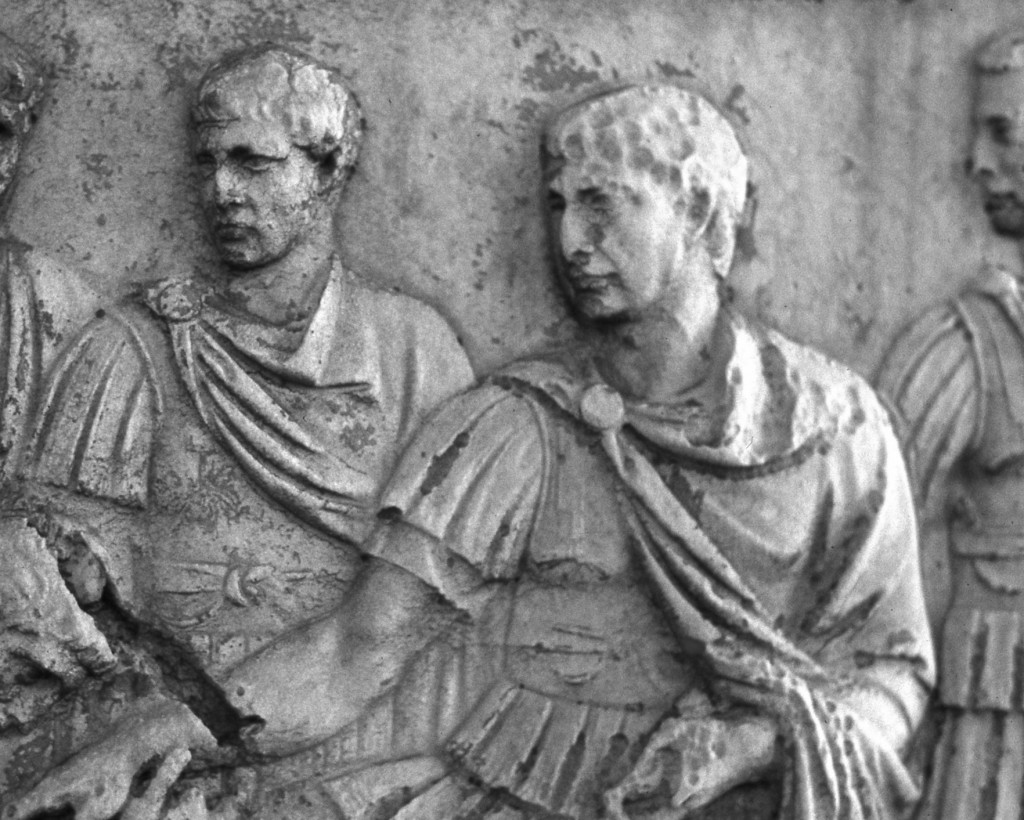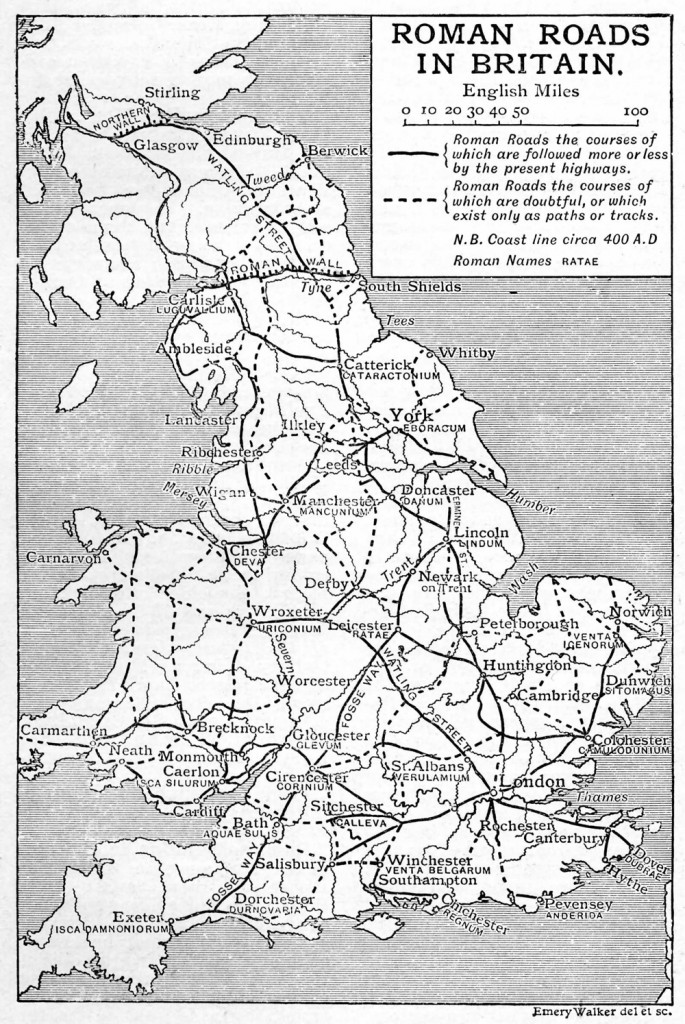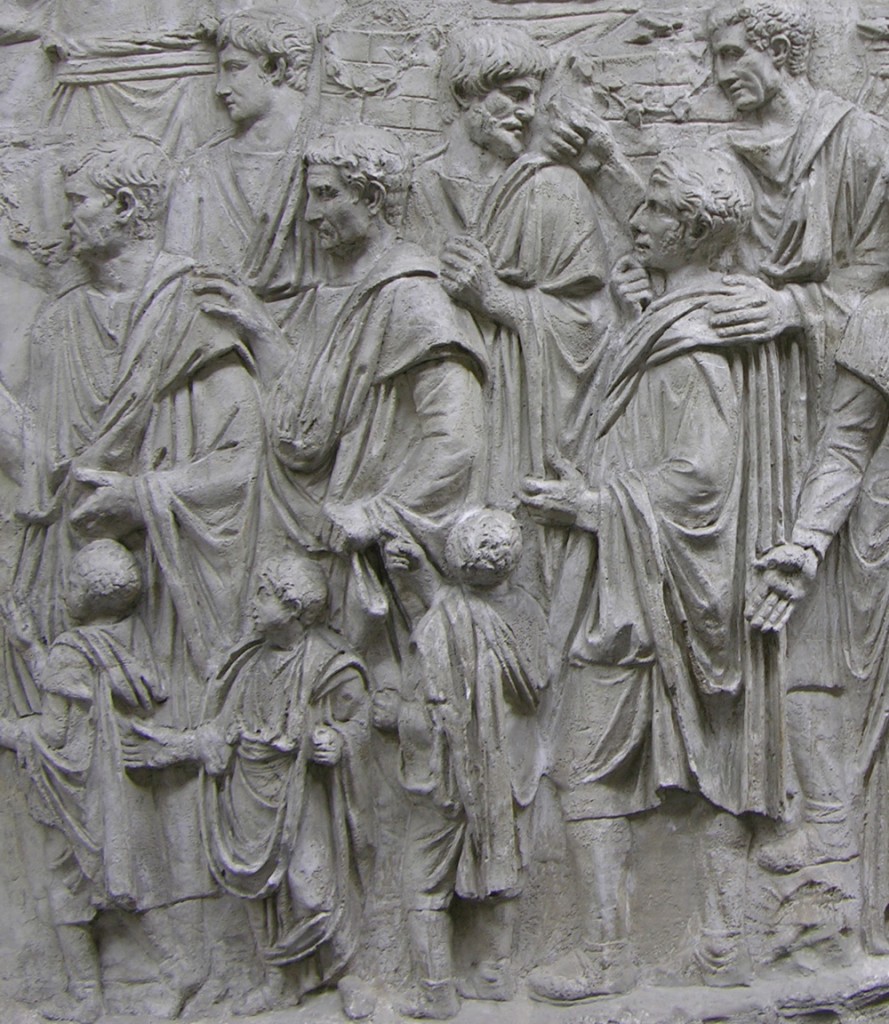 Ever since Julius Caesar had a pop at the northern isles in 55/54BC as part of his Gallic Wars campaign (and didn’t get very far), Britain has been difficult to govern. Whether wars of succession or civil wars, barons or peasants v. kings, Saxons v. post-Romans, constitutional government v. chartists, Fenians, suffragists, unions or agitators, it’s not been a quiet time. But somehow, in an urban mythical way, we’ve muddled through. Today, most of the political battles are verbal, but still tough.
Ever since Julius Caesar had a pop at the northern isles in 55/54BC as part of his Gallic Wars campaign (and didn’t get very far), Britain has been difficult to govern. Whether wars of succession or civil wars, barons or peasants v. kings, Saxons v. post-Romans, constitutional government v. chartists, Fenians, suffragists, unions or agitators, it’s not been a quiet time. But somehow, in an urban mythical way, we’ve muddled through. Today, most of the political battles are verbal, but still tough.
So, as current political parties square up to each other, it might be interesting to see how the Romans coped and whether today’s political leaders could hack it as Roman governors.
When Caesar landed, the Britons had been overrun or culturally assimilated by other Celtic tribes during the Iron Age. He veni, vidi, vici’d, extracted tribute, installed a Rome-friendly king over the Trinovantes, and returned to Gaul, job done. In AD43 Claudius (the one portrayed by Derek Jacobi) decided to play for real and sent four legions to invade and restore or set up client kings to rule on behalf of Rome. Conquest progressed despite rebellions; in the second century Hadrian built his wall in the far north. Britain was sub-divided into two provinces in AD 197 and into four at the end of the third century. But in the later part of the Roman occupation/settlement, barbarian invasions increased and the legions withdrew from the island around AD 410.
 That’s a quick-fire history; but how was Britannia governed during this time? Structured or omnishambles? Compared to today, there wasn’t a glimmer of universal public participation. Count yourself lucky you now have a vote in a representative democracy!
That’s a quick-fire history; but how was Britannia governed during this time? Structured or omnishambles? Compared to today, there wasn’t a glimmer of universal public participation. Count yourself lucky you now have a vote in a representative democracy!
Under the Empire, the Senate retained nominal control of the peaceful (public) provinces. However, we’re talking about Britannia and its rambunctious tribes; it required permanent garrisons and was placed under the Emperor’s control. He appointed a resident governor with imperium or plenary powers.This administrator was a carefully selected, hardy and no-nonsense type, a senator and former consul with a proven record of military success. So the head of government was directly appointed from the emperor with full power of life and instant death and was, in today’s terms, a military dictator with absolutely no limits, checks or balances. Hm.
In Britain, a governor’s role was primarily military, but he was also responsible for maintaining diplomatic relations with local client kings (Ah! Glad-handing the regional party representatives and local government), building roads (running public transport infrastructure), ensuring the public courier system functioned (state owned postal service), supervising the urban centres and acting as a judge in important legal cases. When not campaigning (military not political), he would travel the province hearing complaints (listening to the people – well, a section of them) and recruiting new troops.
 To assist him in legal matters he had an adviser, the legatus juridicus (attorney general); in Britannia they were experienced lawyers perhaps because of the challenge of incorporating tribes into the imperial system (local government reorganisation). Financial administration was dealt with by a procurator (chief financial officer) working alongside, but not subordinate to, the governor and who had junior posts for each tax-raising power (HMRC).
To assist him in legal matters he had an adviser, the legatus juridicus (attorney general); in Britannia they were experienced lawyers perhaps because of the challenge of incorporating tribes into the imperial system (local government reorganisation). Financial administration was dealt with by a procurator (chief financial officer) working alongside, but not subordinate to, the governor and who had junior posts for each tax-raising power (HMRC).
Each legion in Britain had a commander who answered to the governor and in time of war probably directly ruled troublesome districts. (Tact prevents me naming modern parts of Britain which are troublesome to the current administration.) Below these posts was a network of administrative managers covering intelligence gathering (Ah, the security services), sending reports to Rome (political superiors/international organisations), organising military supplies (defence procurement) and dealing with prisoners (Er, prisons).
 Although some of this is very familiar – tax, roads, administration – the tone of governorship was very different from today. In an awkward Britannia, more or less revolting somewhere, there was no policing by consent. Reprisals against those resisting Roman rule were heavy and ruthless with high body counts. But for those areas whose free populations and local rulers were content to accept Roman rule, there was structure, order, prosperity unseen to date, good communications, possible employment and advancement in the Roman administration and almost unlimited opportunities to trade.
Although some of this is very familiar – tax, roads, administration – the tone of governorship was very different from today. In an awkward Britannia, more or less revolting somewhere, there was no policing by consent. Reprisals against those resisting Roman rule were heavy and ruthless with high body counts. But for those areas whose free populations and local rulers were content to accept Roman rule, there was structure, order, prosperity unseen to date, good communications, possible employment and advancement in the Roman administration and almost unlimited opportunities to trade.
Roman regulations were practical but not stifling. There were, of course, no health services (apart from in the military), no social care, no unemployment benefit, no free education, etc. Slavery was institutionalised and women completely without status or political presence. (Oh, that possibly has some resonance…)
Personally, I doubt any of today’s party leaders would be able to act like a Roman governor.
Although well-educated, none of them has any experience at general staff level commanding thousands of soldiers in the field nor years spent acting as local magistrates, representatives and administrators in several countries. Government today is massively complex, a huge machine that has a life of its own and thus thousands of civil servants to run it. A Roman governor’s life was much simpler despite the breadth of responsibilities. None of the modern elected leaders needs or has a transnational family power structure to leverage favour at a centralised imperial court, although they all have their networks.
Modern British political leaders may seem to project confidence and no doubt have had to be tough to have fought their way to the top of their parties, but none has had opponents executed summarily by his personal military staff, or condemned a beaten opponent to the arena, strangler or ‘voluntary’ suicide – a harsh decision requiring a ruthlessness no longer accepted in this society. And any attempt to act in this autocratic way would, I hope, be stopped by a combination of high idealism, ridicule and British bloodymindedness.
A November 2019 update: these modern leaders are currently locked in a European and internecine power struggle, perhaps one that Roman rulers would recognise, but I have a feeling that a Roman governor would have resolved the matter swiftly and decisively.
Alison Morton is the author of Roma Nova thrillers – INCEPTIO, PERFIDITAS, SUCCESSIO, AURELIA, INSURRECTIO and RETALIO. CARINA, a novella, and ROMA NOVA EXTRA, a collection of short stories, are now available. Audiobooks are available for four of the series. NEXUS, an Aurelia Mitela novella, is now out.
Download ‘Welcome to Roma Nova’, a FREE eBook, as a thank you gift when you sign up to Alison’s monthly email newsletter. You’ll also be first to know about Roma Nova news and book progress before everybody else, and take part in giveaways.













Well spotted, Alison. 😉 They are all men and all looking like schoolboys even though they’ve tried to look serious for their mugshot. But there’s not an ounce of gravitas between them. I watched a programme on TV last night about Churchill in the First World War. Amazing how he didn’t get killed, he was so in the thick of it. But at least he understood exactly what it was like to be a soldier.
Ye, I think Churchill could have done it. Mind you, he pretty nearly had similar powers, but he still had the restraint of working in a parliamentary democracy albeit it under emergency powers.